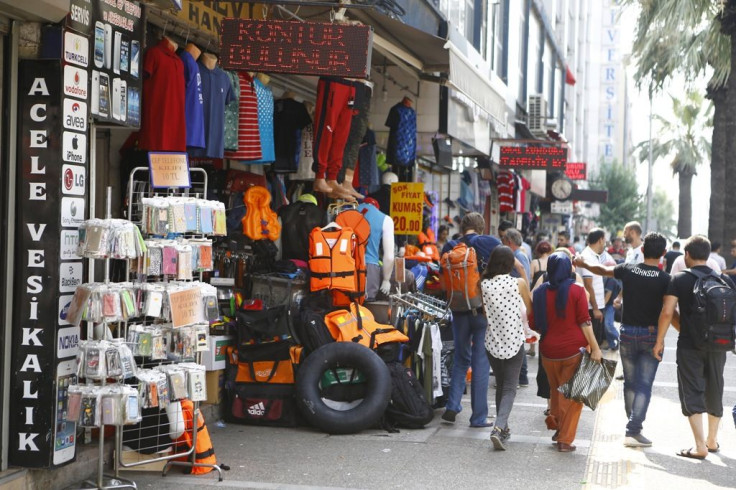Migrants’ start-ups dominate Australia

A recent government survey reveals that most migrants who travel to Australia don’t seek jobs but create them.
The country gets most entrepreneurial migrants from the U.K. and India. Data from Australian Bureau of Statistics reveals that they have earned AU$37.7 billion, which have boosted Australia’s economy largely. This is by far the largest share earned by migrants in Australia.
However, migrants who have arrived as refugees reported to have earned the most in this from their own individual start ups. As years passed by, their income rose by leaps and bounds. Another research, which was conducted earlier, showed that migrants at first worked in several jobs to gather the capital needed to start a business on their own.
An Iraqi immigrant named Bassam Jabbar, who recently arrived in the country with the help of Settlement Services International, or SSI, has started a glass-etching artwork business. He said, “Knowing the country, knowing how people think, the regulations,” was the main difficulty he had to overcome while starting up the business.
“Refugees have left their country, their society, their language behind and so of course they find it easier to work in their own business – especially artists,” he added to the Guardian.
The survey conducted over 2009-10 showed nearly 10 percent of the total humanitarian migrants’ income came from their unincorporated businesses, which was almost double of what skilled and family migrants earned. It also found out mostly men aged between 25 and 44 had started their own ventures, in which Afghans generated the largest share of the profits.
SSI CEO Violet Roumeliotis said the data wasn’t surprising at all. “Being from countries where they need to be enterprising to survive, because there’s no welfare state, refugees are keen to pick an area of passion or where they have a skill and start a business,” she said.
Contact the writer at feedback@ibtimes.com.au, or let us know what you think below.






